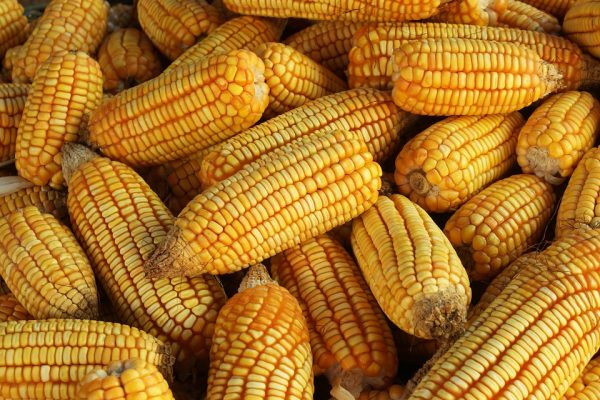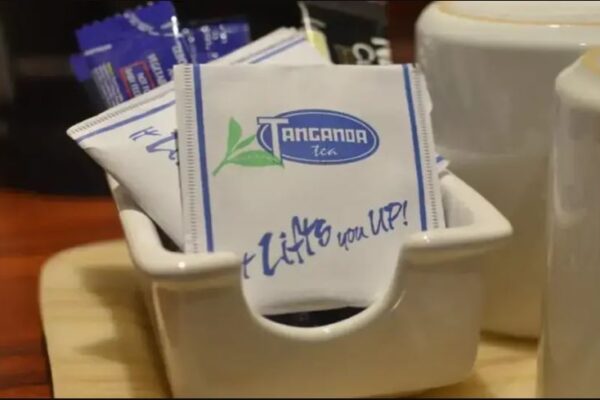Pharmacare, an advocacy group on genuine drugs, has listed tips to help Nigerians identify potential fake food products.
1. Check labels and packaging. Look for spelling errors, unusual fonts, or poor print quality on labels. Examine packaging for signs of tampering, such as broken seals or unusual openings. Verify that the packaging information matches the product inside. Check for proper seals and packaging. Authentic products usually have proper seals and packaging. Be wary of products with broken or damaged seals. Look for holograms, barcodes, and other security features that are typically present on genuine products.
2. Verify brand authenticity. Purchase food products from reputable and well-known brands and retailers. Check the official website of the brand for information on authorised distributors and retailers.
iii. Pay attention to price: be skeptical of food products that are priced significantly lower than the market average. Extremely low prices may indicate a counterfeit or adulterated product.
iv: Check the physical characteristics. Examine the colour, texture, and overall appearance of the food product. Any unusual or off-putting characteristics may be a sign of adulteration. For example, check for unusual discoloration or an abnormal texture in fruits, vegetables, or meats.
1. Verify Expiry Dates.
vi.Use Your Senses. Trust your senses—smell, taste, and appearance. If a food product looks, smells, or tastes unusual, it’s best to avoid it. Be cautious of strong chemical or off-putting odors. Purchase from reputable retailers.
Strategies To Combat Menace
Experts have urged the government to strengthen regulatory framework, increase inspections and surveillance, collaborate with industry stakeholders; launch public awareness campaigns to educate consumers about the risks associated with fake foods and how to identify them; improve traceability and labelling.
The government should also invest in food testing laboratories, by strengthening the capacity of food testing laboratories to enable quick and accurate analysis of food samples, among others.
Medical expert, Dr Mohammed Badru, told newsmen that addressing fake food production requires coordinated efforts from various sectors, including government agencies, industry players, and the public. He also said that regular evaluation and adjustments to strategies, as well as continuous monitoring and enforcement, are essential to maintaining the effectiveness of these measures over time.






